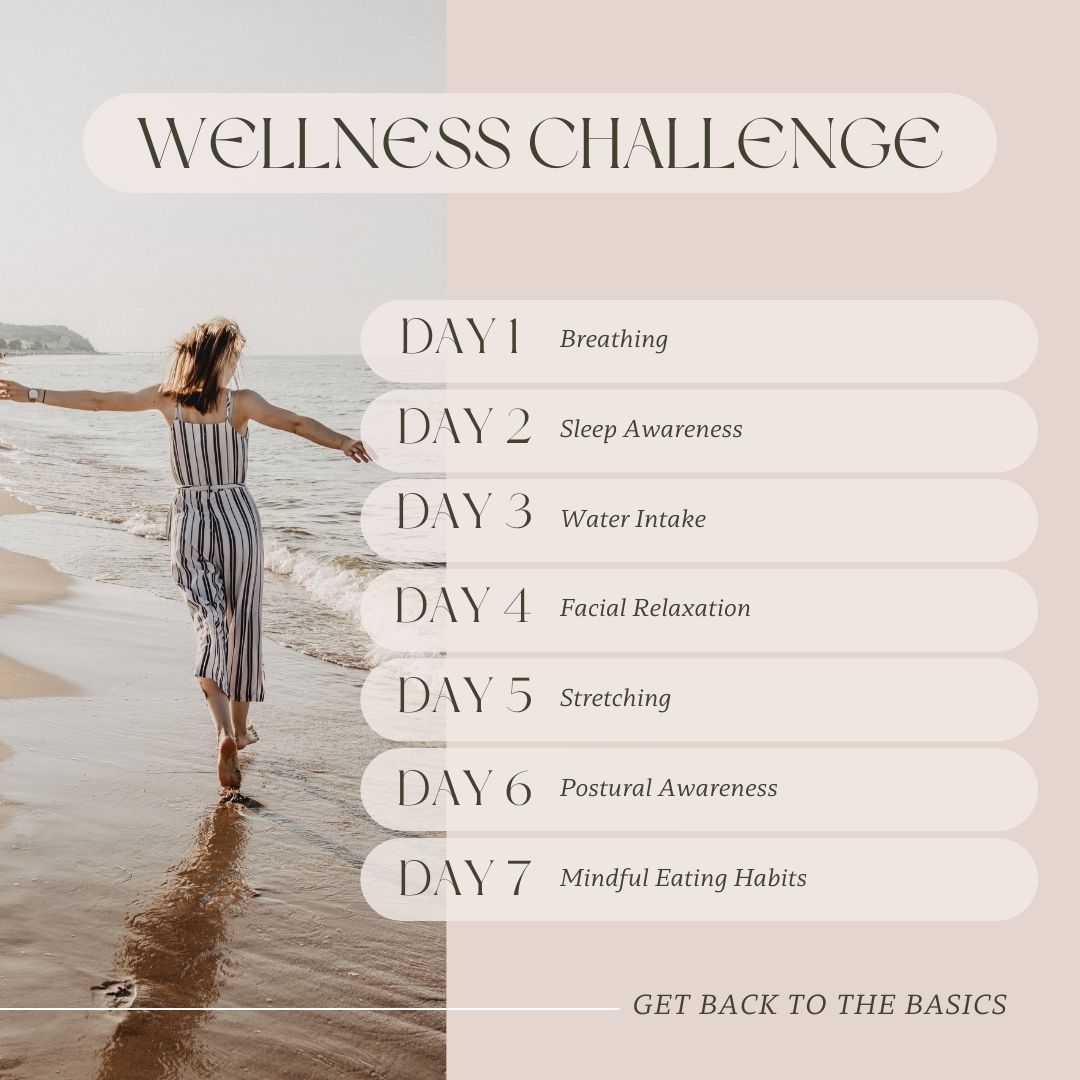Debunking the Misconception of Free Healthcare: Embracing Knowledge-sharing Platforms
Aug 14, 2023In recent years, the term "free healthcare" has become a buzzword, often associated with the idea of government-funded or insurance-covered medical services. However, this perception overlooks a vital aspect of healthcare that is already available to us: the vast wealth of medical knowledge shared freely on platforms like YouTube. In this blog, we will explore how these knowledge-sharing platforms, led by dedicated medical professionals, have already empowered individuals to take control of their health and well-being. Furthermore, we'll discuss the potential roadblocks to the realization of government or insurance-provided free healthcare, primarily influenced by the profit-driven nature of the healthcare industry.
- The Power of Knowledge-sharing Platforms:
The rise of the internet has transformed the way we access information, and healthcare is no exception. YouTube, among other platforms, has become a hub for medical professionals to share their expertise, offering valuable insights on various health-related topics. These healthcare channels are diverse and cover everything from mental health and nutrition to complex medical procedures and disease management.
By embracing these knowledge-sharing platforms, individuals can now educate themselves about their health conditions, preventive measures, and potential treatment options. This accessibility to information empowers people to make informed decisions, take charge of their health, and engage in discussions with medical practitioners more confidently.
- The Limitations of Government or Insurance-provided Free Healthcare:
While the concept of free healthcare provided by the government or insurance companies might sound appealing on the surface, several challenges hinder its practical implementation.
a. Financial Strain: Funding a comprehensive free healthcare system requires a significant financial commitment, potentially burdening taxpayers or causing insurance premiums to skyrocket. Governments often face tough decisions on where to allocate limited resources.
b. Bureaucracy and Inefficiency: Government-run healthcare systems can face bureaucratic challenges, leading to delays in treatment and reduced efficiency. This can negatively impact patient outcomes and overall satisfaction. Let's face it, government facilities of any kind are borderline archaic.
c. Quality of Care: With an influx of patients seeking "free" medical services, there might be an increased strain on healthcare providers, possibly leading to a decline in the quality of care provided.
- Profit-driven Healthcare Industry:
One of the most significant barriers to the realization of free healthcare lies in the profit-driven nature of the healthcare industry. Insurance companies and pharmaceutical corporations are, indeed, profit-oriented entities. The traditional "sick-care" model, where the focus is on treating illnesses rather than promoting preventive measures, is more financially advantageous for these entities.
The idea that "the healthier you are, the less money they make" sheds light on a fundamental conflict of interest. A shift towards preventive healthcare and empowering individuals to take charge of their health through knowledge-sharing platforms could potentially disrupt the current profit-driven system.
- Emphasizing Preventive Healthcare:
Rather than waiting for a complete overhaul of the healthcare system, we should encourage a focus on preventive healthcare and personal responsibility. Knowledge-sharing platforms like YouTube have made it easier for medical professionals to promote preventive practices and help individuals lead healthier lives.
By investing in research, education, and technology to prevent illnesses, we can reduce the burden on healthcare systems and, in turn, decrease overall costs and become a healthier society.
Conclusion:
While the concept of "free healthcare" remains an aspiration, the reality of accessible healthcare lies within our reach through knowledge-sharing platforms. The abundance of medical information available on platforms like YouTube enables us to become more proactive in our health management. Nevertheless, we must address the profit-driven motives of the healthcare industry and promote a shift towards preventive healthcare. By working together medical professionals and individuals can shape a future where quality healthcare is available and affordable for all.

